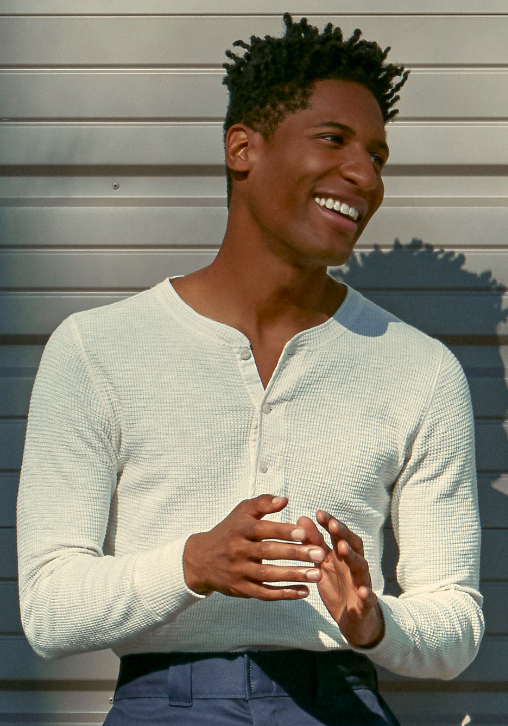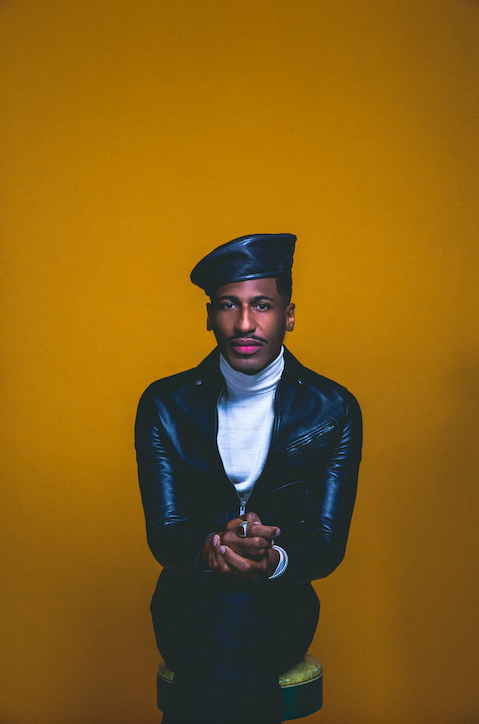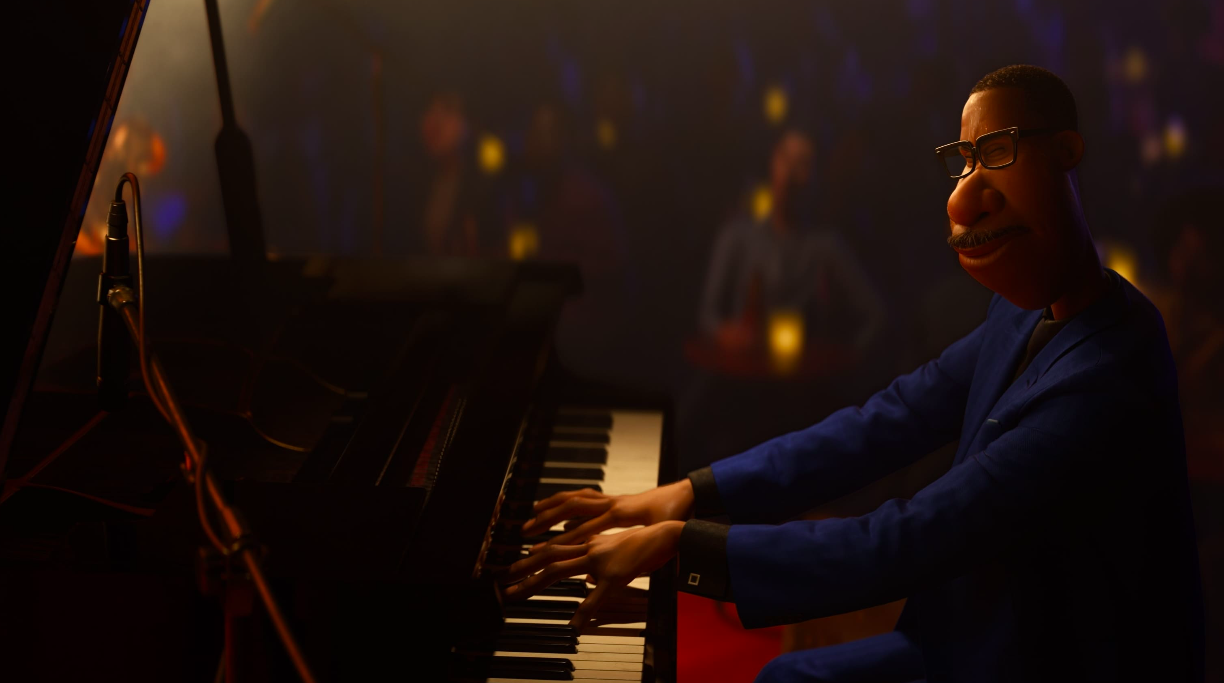Jon Batiste doesn’t read the comments under his YouTube music videos, but if he did happen to glance at a few under his new single, Freedom, he would see everything ranging from “YouTube recommended me this… I feel like I did something right in this life”, to “Jon, how many snazzy suits do you want? Jon Batiste: Yes.”
“I love that kind of stuff,” he laughs, speaking to Headliner in Manhattan, from where he’s naturally radiating a palpable sense of energy and positivity – “my spirit is feeling strong. God has given me another day to live on this earth, and I'm making the most of it!”
He shares that he does sometimes go through his Instagram messages though:
“It is really a beautiful thing to be able to connect again, it's just a beautiful world in that way. I feel like the frequency of love that we aim to put out with everything that I do, I feel that coming back from people, and I'm really humbled and grateful by that.”
One could imagine that being an Oscar and Golden Globe winner, musician, recording artist, author, activist, and the bandleader and musical director of The Late Show With Stephen Colbert, that it could be very easy to slip into some not so humble traits – but he is nothing but modest. Headliner jokes that with all of his many achievements under his belt, surely he should be a much older man...
“Everybody has a purpose and a gift,” he says with sincerity.
“Everybody has something that they do that nobody else can do. I'm just trying to do my thing, and I don't think it makes me better, but it does make me unique. It makes me my own version of a human being that I think is contributing to other people's lives.
"I think we judge each other too much based upon that kind of achievement, and not based upon the quality of who we are as humans and what we provide to our family. That, to me, is the value.”
Batiste is here to talk about his album, We Are – a new body of work that somehow sounds like a timeless soul classic, and one which represents a completely new sonic chapter for the Louisiana native.
Rooted in catharsis, joy, freedom, contemplation and sensuality, We Are is a love letter to his southern roots and the heritage of black music, boasting guest appearances including Quincy Jones, PJ Morton, Mavis Staples, Zadie Smith, Trombone Shorty, St Augustine Marching 100, his father Michael Batiste and grandfather David Gauthier (Batiste was born into Louisiana’s legendarily musical Batiste family).
The aforementioned Freedom music video sees an impeccably dressed Batiste cutting loose in the streets of New Orleans – “like the Willy Wonka of New Orleans!” – all captured on an intense one-day shoot.
Interpret the song as you will, however it took on a more powerful meaning for many due to its release date around Juneteenth:
“I think the track embodies the sort of spiritual and social and sexual revolution,” he considers.
“It's about freedom, and I think that's exactly what I wanted a song like this to mean to people. The spirit and the meaning behind the song is meant to apply to those pursuits of freedom that make us more human. The whole vision of this album is to show people that we're never alone, we're always together in all the different ways that we separate and divide each other.
"People are judged not based upon merit or the content of their character, but all these other aspects of things that are really a false construct that take us further away from humanity. I wanted to bring people back to that feeling of humanity, connection and community.”






